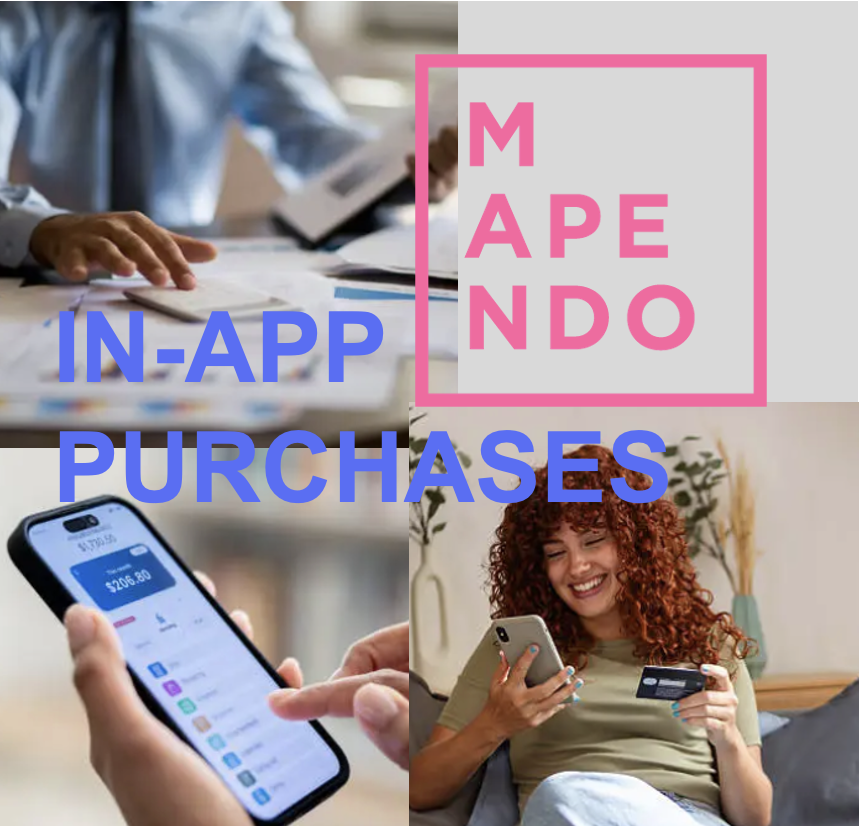Mobile app marketing has become an essential part of any business' digital marketing strategy. Getting users to download a mobile app, engage with it (by signing up or completing any other actions) and not abandon the app itself in the first days is a tough task. All these targets are part of mobile app marketing. In order to effectively market your mobile app, there are several best practices that you should follow. In this article we will focus on best practices for app campaigns measurement, in particular:
- Attribution and measurement;
- Choosing the right KPIs to monitor engagement and ROI;
In a later article we will talk about further techniques for app marketing campaigns, such as picking the right partner for traffic acquisition and pricing models.
One of the first things to consider when it comes to mobile app marketing is the choice and setup of your mobile measurement platform. This platform is essential for tracking and analyzing the performance of your app, and will help you to identify areas for improvement and optimize your marketing efforts. There are a variety of mobile measurement platforms available, so it's important to choose one that fits your specific needs and goals.
Some popular options include AppsFlyer, Adjust or Branch.
Once you include one of these SDKs in your app source code you're ready to track app install and marketing campaigns. Some more effort is needed to measure retention and engagement: the app must send a signal every time a certain action is performed by the user (such as adding a product to the cart or signing up for a service)
Once you have chosen and set up your mobile measurement platform, you can begin to focus on key performance indicators (KPIs) that will help you to measure the success of your app. The install is obviously the first target , but it is usually not enough.
There are also other parameters that measure the efficiency of your spending. Some important KPIs to track include return on investment (ROI), retention, and engagement. Actions (aka events, in the world of mobile measurement platforms) are useful to track engagement and ROI.
ROI is an important KPI to track because it helps you to determine whether or not your mobile app marketing efforts are paying off. By tracking your app's ROI, you can see how much money you are making for every dollar you spend on marketing. This will help you to identify which marketing strategies are working and which ones are not, allowing you to adjust your strategy accordingly.
Retention is another important KPI to track when it comes to mobile app marketing. This KPI measures the number of users who continue to use your app over time. A high retention rate is a sign that your app is providing value to users and is meeting their needs. On the other hand, a low retention rate indicates that there may be something wrong with your app, and you may need to make some changes to improve it.
Finally, engagement is an important KPI to track when it comes to mobile app marketing. Obviously engagement is somehow related to ROI, in the sense that app engagement measures how actively users are interacting with your app. A high engagement rate indicates that users are finding your app useful and are spending a lot of time using it. On the other hand, a low engagement rate may indicate that users are finding your app boring or difficult to use, and you may need to make some changes to improve it.
Overall, tracking the right KPIs is essential for the success of your mobile app marketing strategy. By choosing and setting up the right mobile measurement platform, and tracking important KPIs like ROI, retention, and engagement, you can improve the performance of your app and achieve your marketing goals.





















